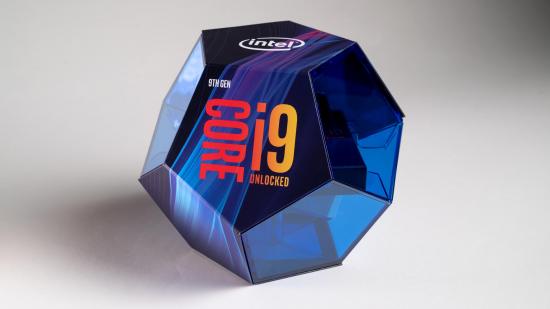Intel is reportedly planning on cutting 8th and 9th Gen processor prices by up to 15%. Sources close to the matter say that motherboard and PC partners have already been notified of the change in pricing structure for Intel’s current and last generation desktop processors, set to occur on the eve of AMD Ryzen 3000 processors much lauded entry into the market.
Intel 8th and 9th Gen chips include all Coffee Lake processors on desktop. These start out at four core chips at the bottom of the stack, but once you get into the i5, i7, and i9 ranges these quickly ramp up to six- and eight-core products. The best of the lot is the Core i9 9900K, an eight-core/16-thread part capable of hitting 5GHz Turbo.
But the decision to drop prices will not be one Intel is making under its own terms. The Core product stack has come under considerable pressure lately from AMD’s Ryzen 3000 processors, set to bring the Zen 2 chiplet design and scalability to the desktop client market. These chips are not even on the market yet, but AMD’s own numbers from CES, Computex, and E3 have proven sufficient enough to get the hype train up to top speed.
Not only that, but Intel had been struggling to produce enough desktop processors on the 14nm process node until recently.
The combined pressures from increasing competition and a desire to shift greater numbers of OEM systems to make up for lost time may be contributing to the price drop that Digitimes (behind a paywall) is now reporting.
Read more: These are the best gaming keyboards around
It’s not everyday that Intel adopts a new pricing strategy for its current SKUs – especially not in light of increasing competition. The company has been wary in the past of prices drops, fearing for ASPs and its investors wrath. But needs must.
The report states that downstream PC and motherboard partners are already aware of the price drops, which should mean these changes will go into effect relatively soon. Whether this will greatly impact consumer prices, we’re not so sure. These price drops are not explicitly stated as applying to the individual component market.
The move may instead be intended to ease pressure off of PC partners, whose outlook for 1H19 has been often reported as rather glum due to the constricted supply chain over these last nine months or so.
